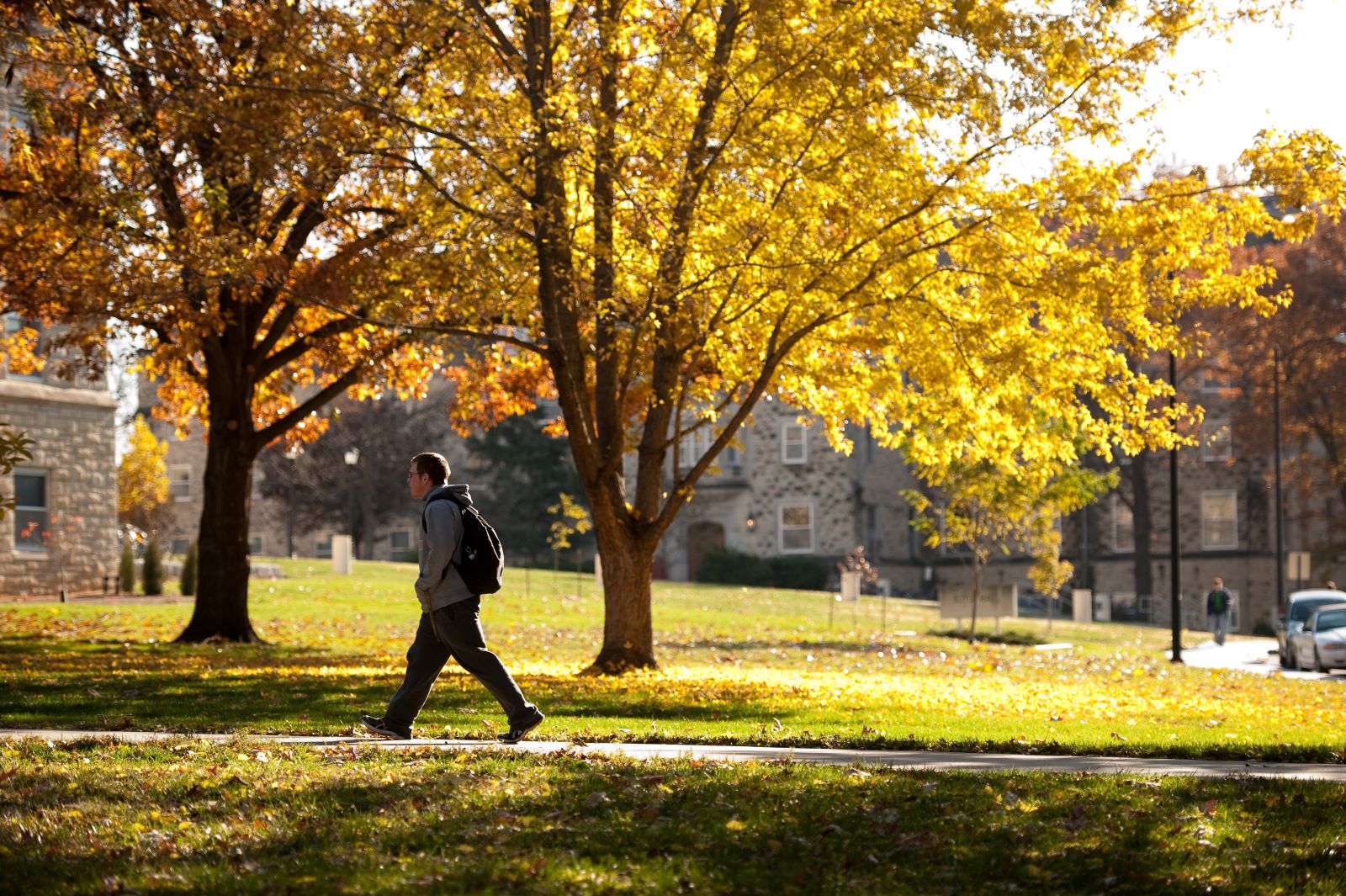
Student Support & Accountability
Formerly the Office of Student Life. We serve students experiencing challenges impacting their experience in college by providing support, resources, and overseeing student conduct related policies.
We are here to help.

